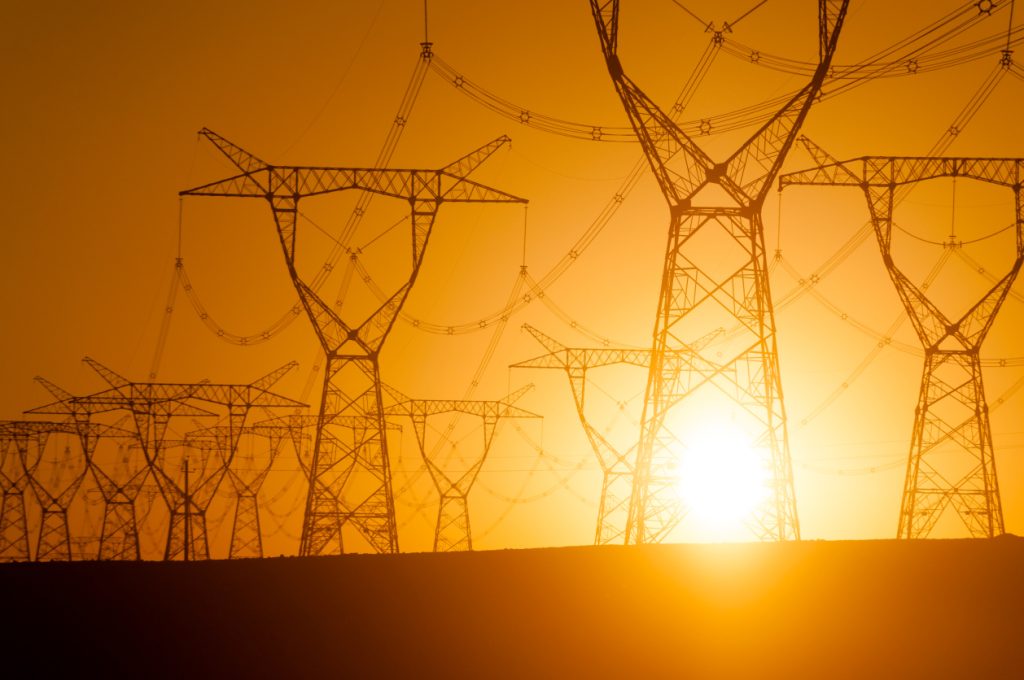The continual collapse of Nigeria’s power grid has been attributed by the Transmission Company of Nigeria (TCN) to the challenge of maintaining a balanced frequency between electricity demand and supply. This difficulty is compounded by several factors including a deficient Supervisory Control and Data Acquisition (SCADA) system, insufficient spinning reserve for electricity transmission control, inadequate gas supply, load rejection by Distribution Companies (DisCos), and deteriorating infrastructure.
During a visit by the Senate Committee on Power to TCN’s headquarters in Abuja, Engr. Nafisatu Asabe Ali, the Executive Director of the Independent System Operator, emphasised the interconnected nature of the grid with generation, distribution, and transmission. She highlighted that any disruption in one part of the system inevitably affects the entire grid. Addressing these multifaceted challenges is crucial for stabilising Nigeria’s power supply.
Explaining further, Nafisatu said, “We have one grid and several participants on that grid. Anybody who misbehaves can bring down the grid. For instance, if any load is introduced on the system without prior knowledge of players, it will bring down the whole system, and since we don’t have a SCADA system, it is difficult for us to know who started it or monitor the flow of the power.”

Despite the numerous challenges, with the introduction of the Frequency Load Shedding Scheme, the grid can go 421 days without hitches.
She said, “In 2017, it was bad, and we had 15 total collapses and nine partial collapses. Along the line it began to cascade down except in 2022 where it raised, but in between there was a period we did not record grid collapse for more than one year, for 421 days. What did we do? We introduced an under-frequency load shedding scheme to help us limit this imbalance because that is what the system operator does for 24 hours, and it does not go to sleep, otherwise, there will be a problem.”
Abdul Azeez Sule, the Managing Director of TCN, recently shed light on over 100 projects that were abandoned due to inadequate funding. He appealed to the committee for increased budgetary allocation to address the current challenges facing the transmission network. Sule emphasized the critical importance of acquiring a Supervisory Control and Data Acquisition (SCADA) system to effectively manage the national grid. He also disclosed that the World Bank has committed to financing the SCADA system, with an estimated completion time of two years.
Meanwhile, Adebayo Adelabu, the Minister of Power, assured Nigerians of imminent improvements in the power sector. He explained that the federal government is addressing issues related to low electricity generation by prioritising the settlement of debts owed to gas companies.


